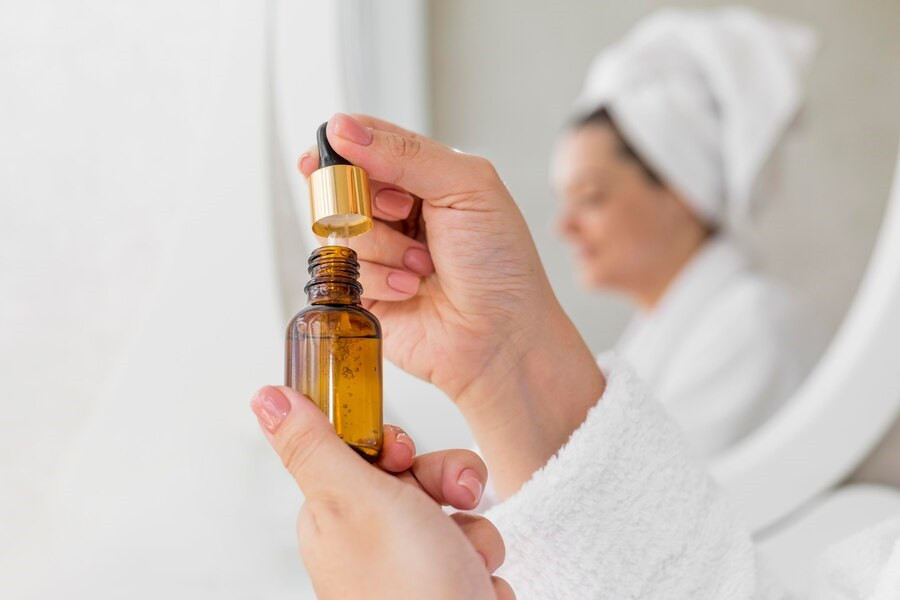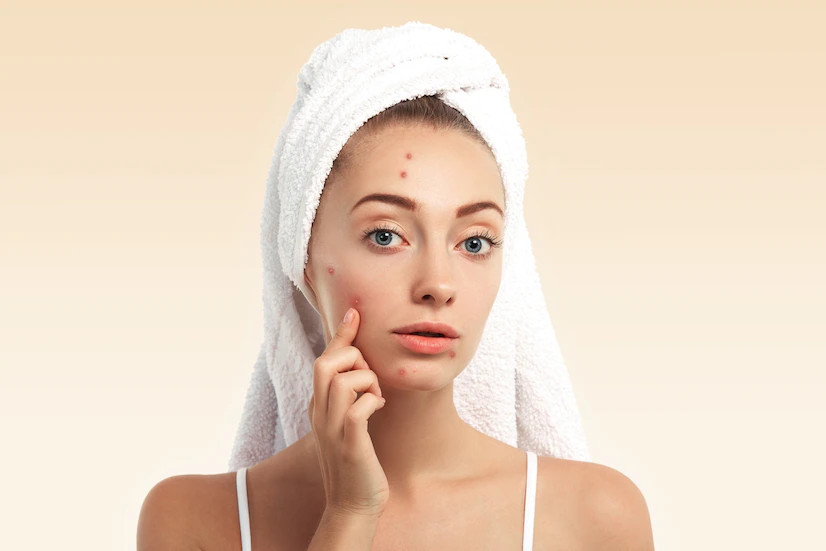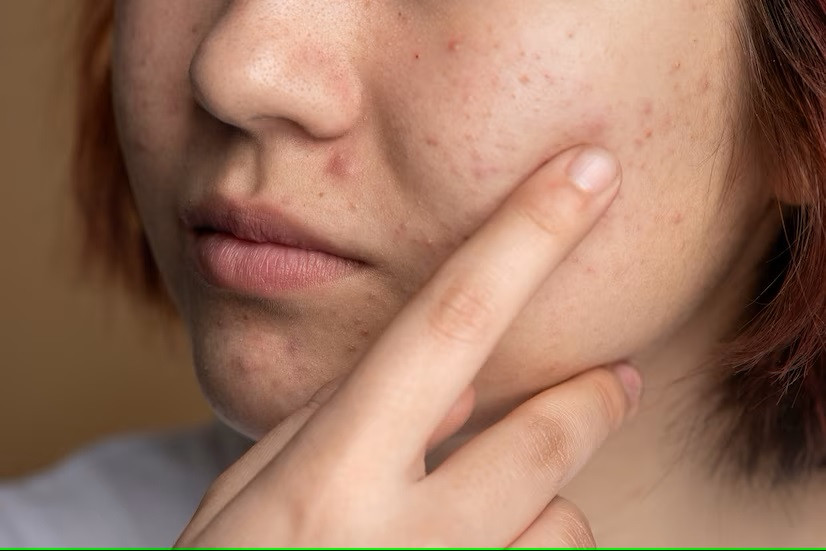The habit of squeezing acne can worsen inflammation and leave behind difficult-to-remove pockmarks or scars. One way to remove acne scars is with a subcision procedure. How does the procedure work, and what are the side effects? Check out the following review.
What is a subcision?
A subcision is a minor surgical procedure used to remove pockmarks caused by acne scars, pox, wounds, or surgical scars. A subcision procedure involves inserting a small needle into the skin to separate the pockmarked area from the surrounding tissue. This allows new skin tissue to grow and fill in any uneven areas of the skin.
In addition to removing acne pockmarks, a subcision procedure can be used to treat scars, cellulite, and facial wrinkles. This procedure can be repeated several times, depending on the needs and condition of the patient.
Subcision procedure
The subcision procedure should be done by a doctor in a beauty clinic. Before beginning the subcision procedure, the doctor will conduct an examination and administer an anesthetic injection.
The doctor will then insert a needle with three inclinations or a Nokor needle at an acute angle next to the scar, with an upward slope and parallel to the skin surface. The smaller needle can be used to treat smaller scars and wrinkles.
Post-subcision care
After the subcision procedure, the skin may be sore and painful. To relieve pain after a procedure, your doctor may prescribe antibiotics and anti-inflammatory medications. Patients are advised not to touch the subcision area with dirty hands and to wash their faces with antibacterial soap.
Aside from pain, subcision can cause injury to the blood vessels surrounding the pockmarked area as well as hyperpigmentation. To protect your skin from sun-induced irritation and hyperpigmentation, apply sunscreen with an SPF of at least 30 daily.
Subcision produces immediate results, but if the pockmarks on the face are deep enough, you may need to repeat the procedure several times to achieve the best results. Please keep in mind that the subcision procedure will not work for all types of acne scars. If your acne scars are keloid or hypertrophic, subcision is ineffective. To even out the skin texture, the doctor may recommend other treatments such as laser therapy, dermabrasion, or skin needling.
The doctor may also prescribe acne treatments such as salicylic acid, retinoids, AHAs, or lactic acid to help conceal acne scars. If your acne scars are not improving with home remedies, you should see a doctor.
If you need medical advice or consultation, you can either visit a doctor or make use of the consultation features that are available in the Ai Care application by downloading the Ai Care application from the App Store or Play Store.
Looking for more tips and health tricks, first aid, and home remedies? Click here!
- Sean Edbert Lim, MBBS
Vandergriendt, C. (2021). Is Subcision an Effective Treatment for Acne Scars?. Available from: https://www.healthline.com/health/subcision
Dermnetz. Subcision. Available from: https://dermnetnz.org/topics/subcision
Marino, D. (2023). Considering Subcision for Your Acne Scars? Read This First. Available from: https://www.byrdie.com/subcision-5211299
Mayo Clinic. Acne Scars: What's the Best Treatment?. Available from: https://www.mayoclinic.org/diseases-conditions/acne/expert-answers/acne-scars/faq-20058101
Johnson, J. (2022). How to best treat acne scars. Available from: https://www.medicalnewstoday.com/articles/324784











